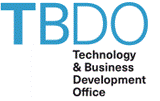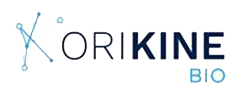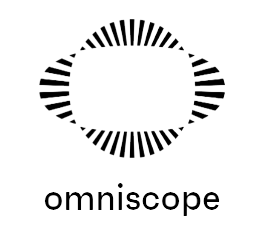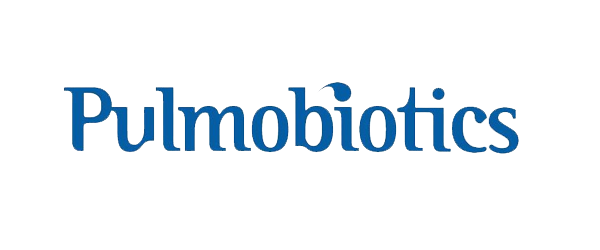Startups

Explore the Startups CRG has helped to establish
If it is decided that starting a company is the best option to exploit a CRG innovation, the TBDO will guide you throughout the whole process, from analyzing the opportunity to incorporating the business
ALLOX
ALLOX draws on the expertise and technology developed in the lab of Dr. Ben Lehner. The company was born out of the realisation that combining systematic mutagenesis, high-throughput phenotyping and biophysical modelling has the potential to revolutionise drug development but also transform biotechnology in general. Its immediate goal is to identify allosteric switches in all proteins and then leverage this unprecedented resource to rapidly develop novel medicines to treat human diseases. The long-term vision of ALLOX is to become a leader in programmable biology, building the next generation of tools to predict, design and engineer new protein functions.
Orikine Bio
Orikine Bio is based on the unique Foldikine technology developed at the lab of Dr. Luis Serrano. Its versatile platform delivers optimized best-in-class cytokines to maximize clinical benefits. Initial focus is on anti-inflammatory and regenerative auto-inflammatory and auto-immune diseases with potential to extend to other cytokines and diseases such as cancer and allergy.
Omniscope
Omniscope built on high-resolution omics knowledge and technology developed at the laboratory of Dr. Holger Heyn, is applying cutting-edge science to redesigning diagnostic medicine to detect disease earlier, more broadly, and with unprecedented sensitivity and accessibility. They bring together brilliant minds from multiple disciplines, including genomics, artificial intelligence, and public health, to develop a deeply nanoscopic yet holistic perspective on your body. Its collaborative, compassionate and catalytic ecosystem will advance healthcare with accessible, affordable and useful tools for the great challenges of the future.
Pulmobiotics
Pulmobiotics, based on knowledge and technology on synthetic biology from the research group of Dr. Luis Serrano, has built a novel live biotherapeutic platform for treating human lung diseases, and will use its technology to discover and develop novel treatments and vaccines for respiratory diseases, which are among the most common causes of severe illness and death worldwide.
Seqera Labs
Seqera Labs deploys and manages complex data analysis pipelines on any infrastructure. Builds better pipelines, reduces costs and improves time to results. Based on the renowned Nextflow technology developed at the laboratory of Dr. Cedric Notredame, the software enables developers and data scientists to create and securely deploy large data applications in the cloud or on traditional on-premise infrastructure. The core open-source technology Nextflow transforms the building of massively scalable and distributed computing solutions. Seqera has customers across the pharma, genomic health and biotech industry enabling them to embrace the future of data analysis in the cloud.
Microomics
Microomics, founded on the knowledge and technology from the research group of Dr. Tony Gabaldón, specializes in microbiome analysis, providing services and metagenomics solutions. Based on strong, high technical expertise and top-notch research facilities, establishes strategic partnerships and academic collaborations, to provide added value solutions to the customer in Biomedicine, Health-Care, Energy, Agrifood, including animal and plant breeding, Consumer Goods Industry and Environmental sectors. Microomics transforms metagenomics data into knowledge contributing to society through sustainable growth and improved health and wellbeing.
qGenomics
qGenomics was the first spin-off company of the Centre for Genomic Regulation in Barcelona under the leadership of Dr. Lluis Armengol. Born with the objective of translating the last advances in genomics research into diagnostic products for the benefit of society, qGenomics first product was a DNA microarray chip for the detection of chromosomal abnormalities at the origin of a number of pathologies. In particular, the application of that chip in prenatal diagnosis provides higher speed, throughput and resolution than traditional karyotyping methods for detecting genomic variation, such as FISH or g-banding. Its main goal is to offer high added value products and services to geneticists and clinicians, patients and theirfamilies. Services that are structured around the interpretation, in a clinical context, of genomic data obtained from the study of DNA or RNA analysis with the most modern technologies.
More info
For more information about how CRG supports and deals with Spin-Off creation please check our Startup Ventures section.








